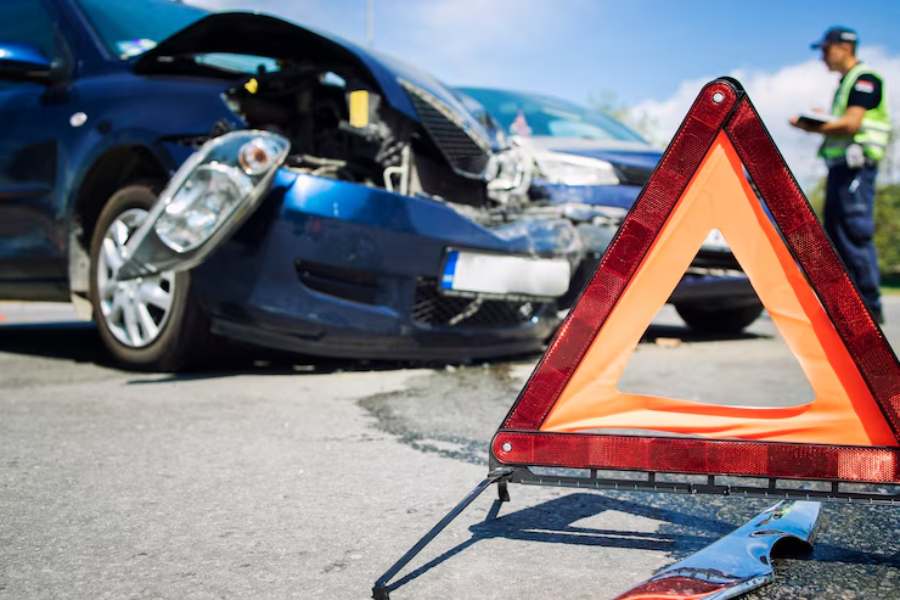Car accidents are never planned. They hit fast and bring confusion, even fear. Whether you’re driving through a small suburb or a major city like Houston, what you do next matters. More importantly, what you know matters even more. Your rights as a driver don’t disappear the moment the crash happens. In fact, they start becoming crucial right then.
But not everyone knows where those rights begin or how far they go. That’s why so many people end up making mistakes, often without realizing it.
So, to help you, we have broken it down simply: what you can do, what you don’t have to do, and what helps you stay protected legally and financially after a collision.
Let’s go one step at a time.
You’re Required to Stay — and You Have the Right to Speak Up
Leaving the scene of a crash is more than risky—it can be illegal. If anyone is injured or there’s visible damage, you’re expected to stop immediately. That part’s clear. However, many people are unaware that they have the right to report the incident themselves. You don’t have to wait for someone else to make the call. Ask for emergency services and request that a report be made.
Once officers arrive, you’re allowed to give your side of the story. It’s important to stay calm and share the facts as clearly as you can. That statement may help protect your case later on, especially if blame becomes an issue.
You Can—and Should—Exchange Key Details
After checking that everyone is safe, your next step is gathering information. It’s not optional; it’s part of your rights. You’re allowed to ask the other driver for their name, license number, contact information, and insurance details. They can ask you the same. If they refuse, wait for the authorities and let them handle it. This part might feel uncomfortable but don’t skip it.
Take photos of the scene, both cars and any visible injuries. You don’t need to say much—just focus on getting the facts documented. The quieter you stay during this part, the better. Emotions run high, but evidence stays strong.
You Don’t Have to Accept the First Insurance Offer
After a crash, you might receive quick offers from insurance companies. These may seem helpful, but they’re often lower than what your claim is truly worth. So, you have the full right to take time, review the offer, and speak with someone who understands car accident law.
For this, you can consult a local attorney for guidance. Choosing the right legal support matters. Many people looking for guidance turn to Stewart J. Guss, Houston car accident lawyer, because he helps clients understand the long-term value of their claims, especially when medical issues or lost income are involved.
Remember, a qualified attorney can review the offer, identify what’s missing, and help you avoid signing away your rights too early. Taking a few extra days now can protect you from months—or even years—of financial stress.
You Can Seek Compensation Beyond the Obvious
Repairing your car is just one part of the story. What about the time you missed work? Or the therapy you now need? Or how your routine has been disrupted by pain or doctor visits? Your rights allow you to claim all of these, provided you can show evidence. Many drivers only think about the visible damage.
However, the law protects not just the physical impact of an accident, such as broken glass or dented doors, but also its full impact. Start collecting receipts, treatment records, and notes from your employer. The more detailed your file, the stronger your case becomes.
You’re Entitled to Medical Attention—Even if You Feel Fine
Right after a crash, adrenaline can hide the pain. It’s common for injuries to show up hours—or even days—later. That’s why you have every right to see a doctor and get checked, even if you walk away from the scene feeling okay. Hospitals and urgent care clinics handle these situations all the time.
Getting treated early not only protects your health but also creates a record. That record can back up your insurance claim. Waiting too long might give the impression that you weren’t injured, even if the pain shows up later. Be proactive, not passive.
Conclusion
After a crash, knowing your rights can protect your time, your money, and your peace of mind. You don’t need to be a legal expert. You just need to act early and stay informed. If something feels off, speak up. Look into your options, get clarity on your rights, and speak to someone you trust. Your safety and future aren’t things you should compromise on.


